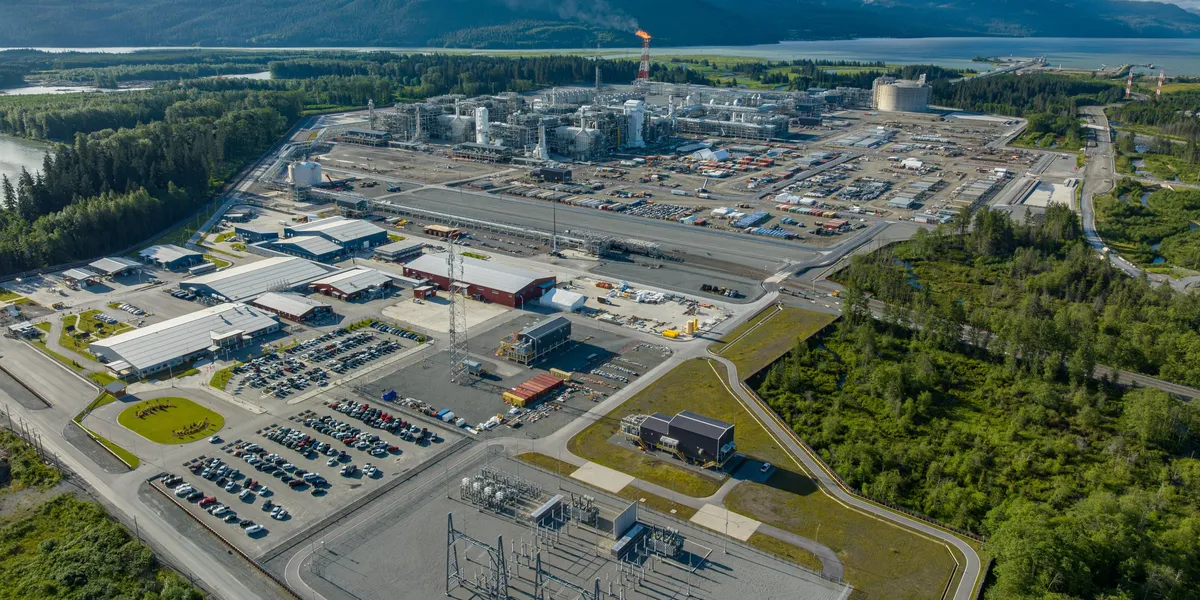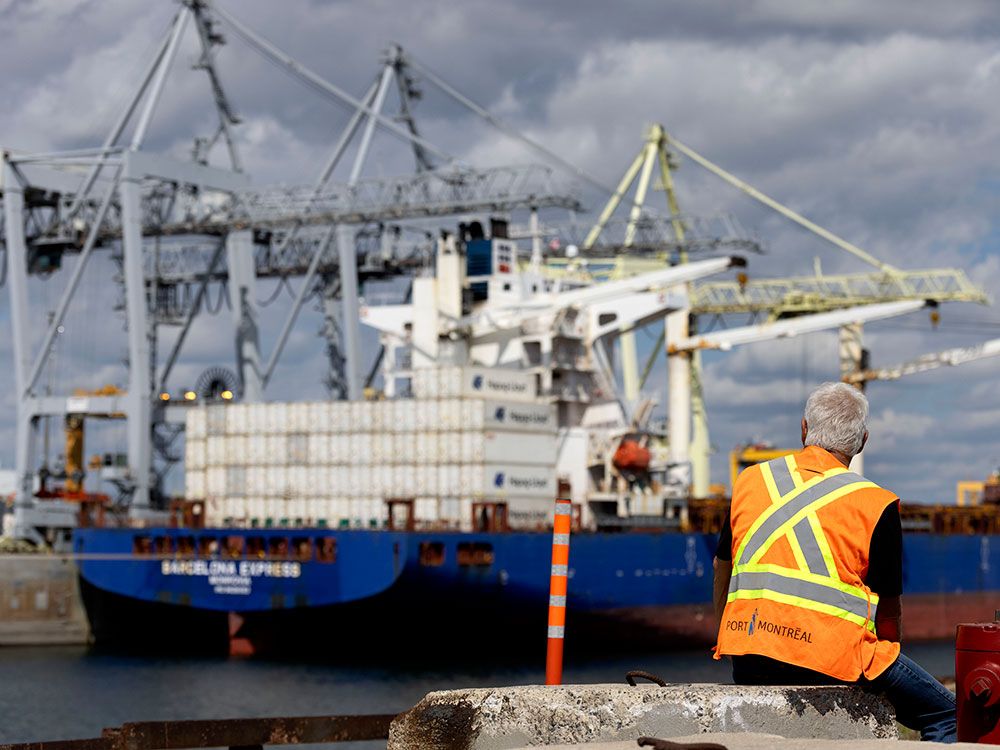Me too. Like everyone else, I like tech, but it's fickle and can disappear as fast as it can appear. It's nice to be diversified.
I'd argue that tech can be just as volatile as O&G. in the early 2000's tech crash, San Jose was hit hard and so were Canadian tech hubs like Ottawa and KW. I'd rather see Calgary continue to diversify its economy, with aerospace, distribution, film industry, etc increasing their share of the pie along with tech.
To some extent, economic diversity is a product of metropolitan size in a open, market economy. While the "lead" primary industries are great things and get all the attention (Calgary/Alberta's historical obsession on O&G is best example of this), huge swathes of economic activity come from more regular stuff that scales with population, and becomes more profitable and efficient with agglomeration. More people, more markets, more diversity, being close together is good for the economy, generating more opportunity though it's own size.
Tech is often discussed like a "lead" primary industry due to the outsized influence in culture that the VC/Silicon Valley hyper-growth mega-cap stock narrative has. But in practice, most tech jobs are often way more boring and more of a secondary service that gets imbedded within any other industry that keeps chugging along and aren't 100% correlated with the tech-specific mega-boom/busts.
Put another way, we don't need to attract the next Amazon HQ (lol that was a fun corporate scam) to have some tech job growth. Calgary might actually might be better off not relying on random unicorn bubbles of inflation and collapse to create a stable city economy - again, Calgary should know this lesson better than anyone!
Over-reliance on a single primary industry bleeds into urban development and design problems too. All our efforts to get downtown Calgary to be more attractive, vibrant and livable wouldn't have been needed to the same cost/effort if downtown was designed to be more attractive, adaptable and resilient all along. For all the benefits and drawbacks that came with it, we did what most places did - fell for the temptation to design the whole city around a single, white collar industry and listened a little too closely to office developer schemes. Now we've been at 30% office vacancy for 10 years and are spending lots of effort and money retrofitting our single-use downtown back to health.
This is why the basics are so important to insulate a city from the boom/busts - always plan and promote diversity (diversity of markets, people, industries, jobs, lifestyles all need to be supported
not just the dominate primary ones), maintain an attractive quality of urban life, create sustainable levels of affordability, increase the adaptability of buildings and education systems, build a solid public transportation and infrastructure networks, improve regional and national connectivity to other population centres etc.








